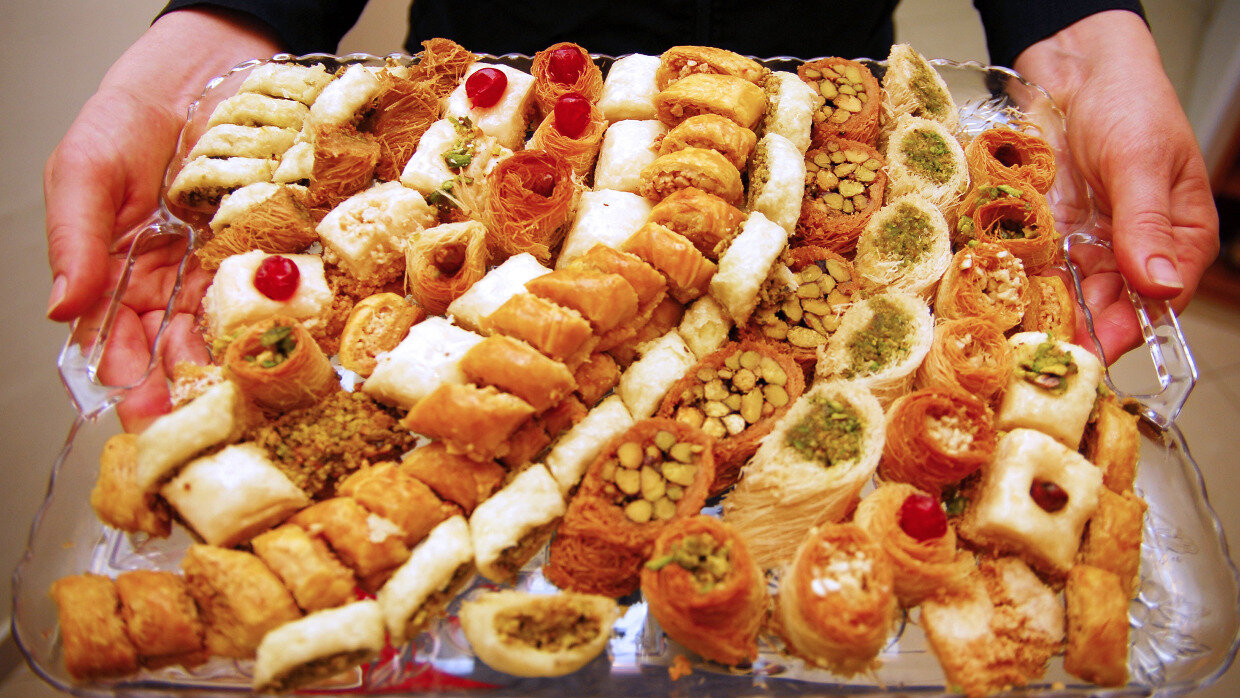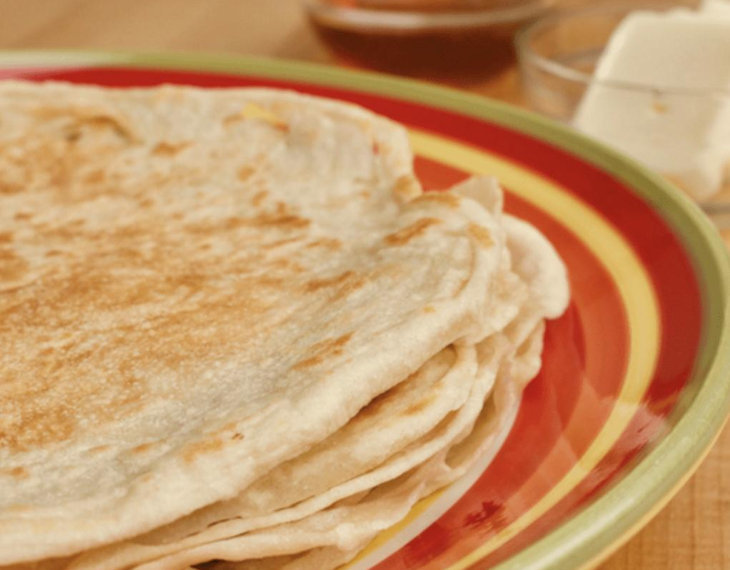 An Open Letter to University Presidents
An Open Letter to University Presidents


4 min read
A Moroccan-Jewish custom with mysterious roots has gone viral.
For many Jews, the holiday of Passover ends rather anticlimactically. But for Moroccan Jews and their guests, the end of Passover is the start of the highly-anticipated annual celebration of Mimouna. It’s Passover’s unofficial afterparty that lasts late into the night.
What is Mimouna, a holiday celebrated by approximately two million Moroccan Jews around the world, and the many more who join in the festivities?
The origins of the Mimouna celebration are disputed, owing to the fact that it is a custom which predates the written history of Moroccan Jewry. Jews settled in North Africa before the destruction of the Second Temple in 70 CE, and nobody is sure when the Mimouna custom was first practiced. The Moroccan Jewish population grew tremendously after the Spanish expulsion of the Jews in 1492 and it is perhaps around this time that Mimouna took off.
One of the earliest references to Mimouna is found in the diary of an 18th-century Jewish traveler to Morocco from Italy who recorded that “on the final night of Passover, Moroccan Jews set the table with different kinds of fish and greet and bless each other.”
Some suggest that the name “Mimouna” is a derivation of the Hebrew word for faith, “emuna” and thus commemorates our faith in God after leaving Egypt. Others believe it marks the birthday of “Maimon,” the father of the iconic Jewish sage Moses Maimonides.
Given that many of the items found on the traditional Mimouna table - such as a fishbowl containing a live fish, five dates, five gold coins, and other symbolic items - are understood to represent fertility and good luck, Israeli-Moroccan historian Yigal Bin-Nun suggests that “Mimouna” derives from the Arabic word “Mimoun” meaning “luck.” Unlike Jewish holidays that originate in the Torah, Mimouna is best understood as a “folk holiday” that emerged from the unique culture of North African Jewry. Many of its symbols, and perhaps the name itself, relate to practices stemming from the Jewish-magical tradition to increase luck.
Regardless of its origins, what is certain is that Mimouna has gained enormous popularity in recent decades, owing to the diffusion of Moroccan Jews celebrating Mimouna around the world, and its adoption by the broader swath of Israeli society --- to the point that being photographed at a Mimouna celebration has become mandatory for Israeli politicians.
 Mufleta
Mufleta
A typical Mimouna festivity sees guests donning their finest North African clothes, such as the abaya, sfenj, jalabia and kaftan. A very festive holiday table is set with sweets and a special pancake-like pastry made only for Mimouna, known as mufleta. Celebrants dance late into the night to a combination of popular North African music and special Jewish hymns composed for the holiday.
Given that Mimouna immediately follows Passover, the time in which Jews get rid of all of their flour, a problem arose: how are the Jewish families going to acquire the flour needed for the traditional Mimouna mufleta? To this day, the Muslim neighbors of Moroccan Jews participate in the Mimouna holiday by providing the flour needed, immediately upon the end of Passover.
As a result of this practice, Mimouna has become a symbol of symbiotic Jewish-Muslim relations in Morocco. In 2007, a group of “young Muslim students” from Morocco created the “Mimouna Association… to promote and preserve the Jewish-Moroccan heritage.” Many films reflect on the loss experienced by many Moroccan villages when their Jewish neighbors emigrated in the last century.
Today, only approximately 3000 Jews remain in Morocco, mainly in the large cities of Casablanca, Marrakesh, Tangier and Fez. Many more Moroccan Jews visit annually on pilgrimage visits, such as the anniversary of the passing of Moroccan sage Rabbi Amram ben Diwan. Just last year, following new diplomatic relations between Israel and Morocco, a direct flight was launched between Casablanca and Tel-Aviv making the trip much easier for Israel’s many Moroccan Jews.
If you live anywhere near a major city around the world, chances are that a Mimouna celebration is happening near you. This year when Passover ends, put on your finest Moroccan clothes and enjoy the music and mufleta! The official greeting for Mimouna that guests greet one another with is (Arabic) “tirbachu wa’tis’adu,” meaning “may you succeed and be joyous.”
